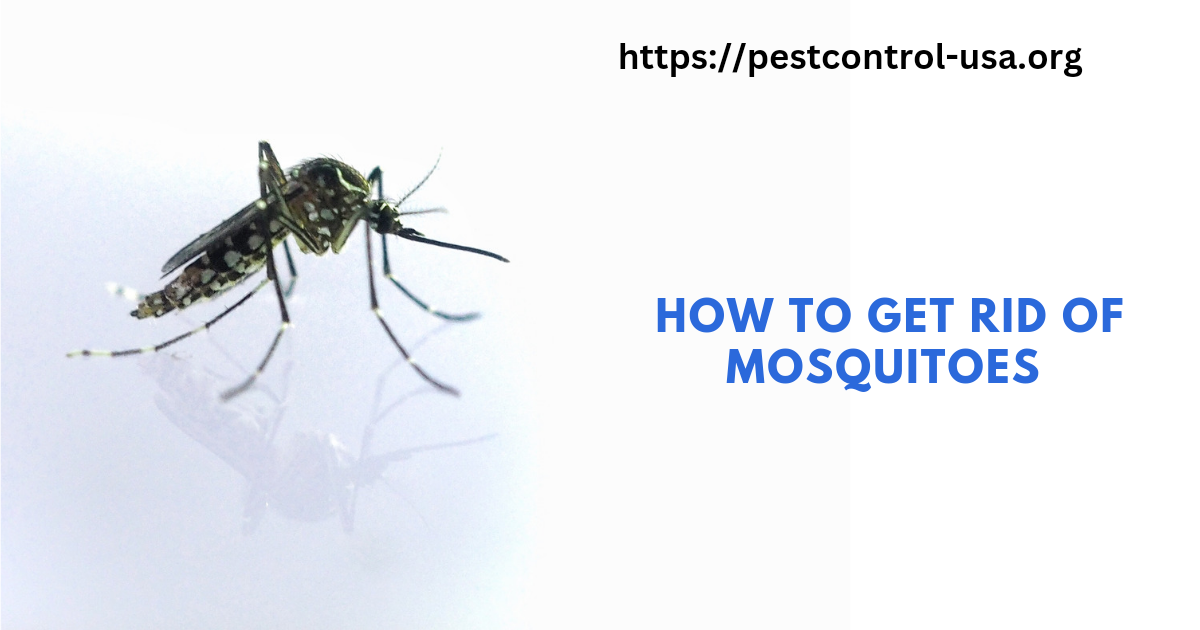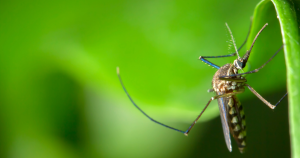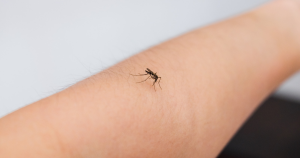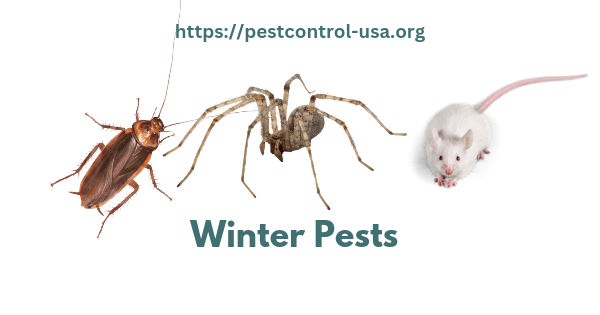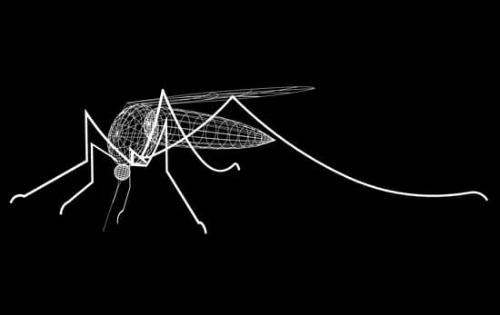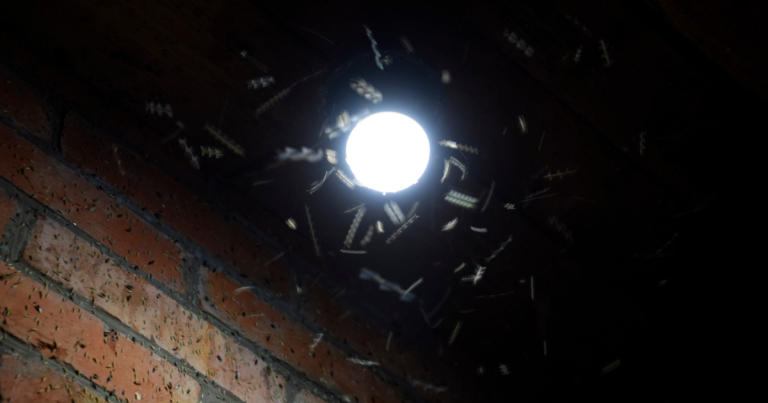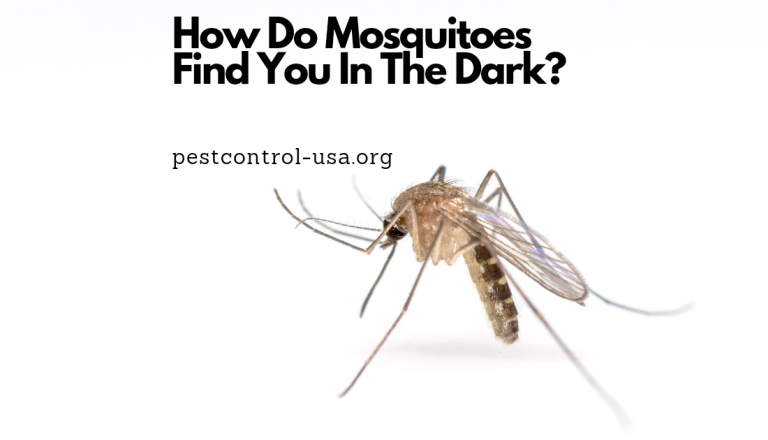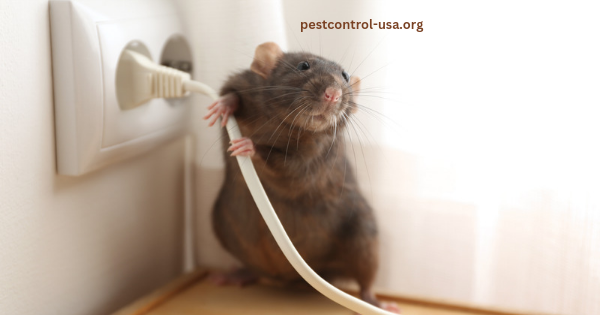There are many ways of getting rid of mosquitoes. Some people use chemicals, some people use traps, and some people just try to avoid them. But what really works? The best way to get rid of mosquitoes is by using a combination of methods. Traps can be effective, but they need to be placed in the right areas. Chemicals can work, but they need to be used properly. And avoiding them is always the best solution. In this blog post, we will explore all the different ways of getting rid of mosquitoes. We will discuss the pros and cons of each method so that you can decide what is best for you.
How to get rid of mosquitoes?
Identify the Problem
The first step to getting rid of mosquitoes is to identify the problem. There are many different species of mosquito, and each has its own preferences for breeding and feeding. Some mosquitoes prefer stagnant water, while others prefer moving water. Knowing which type of mosquito you’re dealing with will help you choose the most effective control method.
Choose the Right Solution
There are a variety of mosquito control solutions available on the market, so how do you know which one is right for you? The first step is to identify what type of mosquito you are dealing with. There are over 3,000 species of mosquitoes, but only a handful are responsible for transmitting diseases like Zika, West Nile virus, and malaria. Once you know what type of mosquito you’re dealing with, you can narrow down your options and choose the most effective solution.
If you’re dealing with a nuisance mosquito that isn’t known to transmit disease, there are a number of methods you can use to get rid of them. Mosquito traps are a popular option for indoor use, as they can be placed near where mosquitoes rest and breed. Outdoor mosquito traps work by luring mosquitoes with CO2 and other attractants before trapping them inside. Chemical sprays and foggers can also be used to kill mosquitoes on contact, but they need to be reapplied regularly to be effective.
For mosquitoes that transmit disease, it’s important to choose a control method that will reduce the population as much as possible. Insecticide-treated bed nets are an effective way to prevent bites while sleeping, as they create a barrier between you and the mosquitoes. Indoor residual spraying can also help reduce the number of mosquitoes inside your home. If you live in an area with a high density of disease-carrying mosquitoes, consider using an area-wide insecticide treatment to reduce the population across.
Apply the Solution
Now that you have a plan to get rid of mosquitoes, it’s time to put your plan into action. Here are some tips on how to apply the solution and make sure it is effective:
-Start by treating the areas where mosquitoes are most active. This may be near standing water, in shady areas, or anywhere else you have seen them congregate.
-Be sure to follow the directions on the product label carefully. This will ensure that you are using the product correctly and maximizing its efficacy.
-Pay attention to the results after you treat an area. If you don’t see a reduction in mosquito activity, try another method or product.
Monitor the Results
Once you have implemented your mosquito control plan, it is important to monitor the results. This can be done by observing the number of mosquitoes present in your area, as well as the number of bites you and others receive. If you find that the number of mosquitoes has decreased, or that you are receiving fewer bites, then your plan is working. However, if you find that there are no change in the mosquito population, or that you are still being bitten frequently, then you may need to make some adjustments to your plan.
Mosquito Repellents
When it comes to mosquito repellents, there are a lot of different products on the market. But which ones actually work?
There are a few things to consider when choosing a mosquito repellent. First, you need to decide what type of product you want. There are sprays, lotions, and even devices that emit ultrasonic sound waves.
Second, you need to consider the active ingredient in the repellent. DEET is the most common active ingredient, but there are also natural options available, like citronella oil.
Third, you need to think about how long you need the protection to last. Some products only last for a few hours, while others can provide protection for up to 12 hours.
Finally, you need to decide if you want a repellent that is specifically designed for children or one that can be used by everyone in the family.
Once you’ve considered all of these factors, you should be able to find a mosquito repellent that works for you and your family.
Mosquito Traps
Mosquito traps are a great way to get rid of mosquitoes. There are many different types of mosquito traps, but they all work by attracting mosquitoes with a lure and then killing them. Some mosquito traps use light to attract mosquitoes, while others use carbon dioxide.
Most mosquito traps are designed to be used outdoors, but there are also some indoor models available. If you live in an area with a lot of mosquitoes, you may want to consider investing in a mosquito trap.
When choosing a mosquito trap, be sure to read the reviews to find one that is effective and easy to use. There are many different brands and models of mosquito traps on the market, so it is important to do your research before purchasing one.
Chemical Control of Mosquitoes
There are a variety of chemical options available to control mosquitoes. The most common method is to use insecticide sprays. You can also use mosquito dunks or foggers.
Insecticide sprays are the most common method of mosquito control. They are relatively easy to use and can be effective in killing mosquitoes. However, they can also be harmful to humans and animals if not used properly. Be sure to read the label carefully before using any insecticide spray.
Mosquitoes dunks are small discs that contain a larvicide. They are placed in standing water, where mosquitoes lay their eggs. The larvicide kills the mosquito larvae before they hatch into adults.
Mosquitoes foggers are devices that release a fine mist of insecticide into the air. They can be effective in killing mosquitoes, but they can also be harmful to humans and animals if not used properly. Be sure to read the label carefully before using any mosquito fogger.
Biological Control of Mosquitoes
Biological control of mosquitoes involves using other organisms to prey on or parasitize mosquitoes. This can be done by releasing predators or parasites into the environment, or by using Bacillus thuringiensis israelensis (BTI) to kill mosquito larvae.
Predators that feed on adult mosquitoes include dragonflies, damselflies, and beetles. Some species of fish will also eat mosquito larvae. Parasites that infect and kill mosquitoes include Baculoviruses, nematodes, and fungi.
BTI is a naturally-occurring bacterium that produces a toxin that is lethal to mosquito larvae but harmless to other creatures. It can be used as a biological insecticide to kill mosquito larvae in standing water.
There you have it! A few simple tips on how to get rid of mosquitoes. By following these tips, you can enjoy your time outdoors without having to worry about getting bitten by these pesky insects.
How to Prevent Indoor Mosquitoes?
As we all know, mosquitoes are small, dark-colored insects with skinny legs. They are known to be one of the most deadly animals in the world as they can transmit diseases like malaria, yellow fever, and dengue fever. Not only that, but their bites are itchy and annoying. No one wants mosquitoes in their home, so what can be done to prevent them from coming indoors?
There are a few things that you can do to prevent indoor mosquitoes:
-Keep your windows and doors shut: This will limit the amount of mosquitoes that can come inside. If you have screens on your doors and windows, make sure that there are no holes or tears as mosquitoes can fit through very small spaces.
-Get rid of any standing water: Standing water is where mosquitoes lay their eggs. So, if you have any containers with standing water (e.g., vases, buckets, etc.), make sure to empty them out and keep them dry.
-Use mosquito repellent: When you are outdoors, make sure to use mosquito repellent on your skin as well as clothing. You can also buy mosquito coils or incense sticks to burn indoors which will help keep mosquitoes away.
-Call an exterminator: If you have tried all of the above and are still seeing mosquitoes indoors, then it may be time to call an exterminator. They will be able to help get rid of the problem for good.
Mosquitoes are pesky insects that not only bite but can also transmit dangerous diseases. No one wants them in their home, so it’s important to take measures to prevent them from coming indoors in the first place. By following the tips above, you can help keep your home mosquito-free all year long!
How to Prevent outdoor Mosquitoes?
Mosquitoes are more than just a nuisance; they can carry harmful diseases like West Nile virus, Zika virus, and malaria. Luckily, there are steps you can take to protect yourself and your family from these disease-carrying pests. Here are some tips on how to prevent mosquitoes from taking over your yard this summer.
-Drain standing water: Mosquitoes need standing water to lay their eggs, so getting rid of any sources of standing water in or around your home is an important step in mosquito control. Check things like rain gutters, pet bowls, bird baths, and potted plant trays to make sure there is no standing water. If you find any, empty it out and clean it out regularly. Keep an eye on swimming pools too; they should be treated with chemicals and emptied if they are not being used.
-Cover up: When mosquitoes bite, they insert their long probe-like mouthparts into your skin to reach a blood vessel. To prevent them from getting to your skin in the first place, wear long pants and long sleeves when you’re outside, and use mosquito netting over baby strollers and camp cots. Insect repellent can also help keep mosquitoes away; look for products that contain DEET, picaridin, oil of lemon eucalyptus, or IR3535 for the best protection.
-Attract predators: Another way to keep mosquito populations in check is by attracting their natural predators to your yard. Things like bats, dragonflies, and frogs will eat mosquitoes (as well as other flying insects), so try putting up a bat house or planting a frog pond to encourage them to stick around. You can also attract dragonflies by filling a shallow dish with sand and rocks and placing it in a sunny spot in your yard; dragonflies like to perch on top of the rocks to sun themselves.
By following these simple tips, you can enjoy time outside without having to worry about getting bitten by disease-carrying mosquitoes. So go ahead and fire up the grill, invite some friends over, and enjoy your summer!
4 Reasons You Might Be Getting More Mosquitoes In Your House
If you’re like most people, you’ve probably noticed an uptick in the number of mosquitoes in and around your home this summer. But why is that? Let’s take a look at some of the most common reasons for this phenomenon.
1.Higher than normal temperatures
Believe it or not, mosquitoes are actually quite temperature sensitive. They typically only become active when the temperature outside reaches at least 80 degrees Fahrenheit. So, if you live in an area that’s experiencing an unusually long and hot summer, that could explain the increased mosquito activity.
2.More standing water
Mosquitoes lay their eggs in standing water, so the more stagnant water there is around your property, the more likely you are to have problems with these pests. That said, even something as small as a clogged rain gutter or an overturned flower pot can provide enough water for mosquitoes to breed, so it’s important to be vigilant about eliminating any potential sources of standing water on your property.
3.Increased humidity
Along with warm temperatures, mosquitoes also prefer areas with high humidity levels. So, if your area has been experiencing above-average humidity levels this summer, that could also be contributing to the increased mosquito activity.
4.Pesticide resistance
Unfortunately, over time, mosquitoes have developed a resistance to many of the pesticides that are commonly used to control them. As a result, even if you’re regularly spraying your property for mosquitoes, you may still be seeing them due to their increased pesticide resistance.
If you’re seeing more mosquitoes than usual around your home, there’s a good chance that one (or more) of the factors listed above is to blame. The good news is that by taking some simple precautions—like eliminating standing water and ensuring that your gutters are clear—you can help reduce the mosquito population around your home and make your summer a little bit more pleasant!
How to Repel Mosquitoes with Natural Repellents?
If you’re looking for a way to keep mosquitoes at bay without using chemicals, there are a few natural mosquito repellents you can try. From essential oils to plant extracts, there are a number of options available to you. In this blog post, we’ll give you an overview of some of the most popular natural mosquito repellents and how to use them.
Essential Oils
Essential oils are a popular choice for natural mosquito repellent. Some of the most effective essential oils include citronella, lavender, peppermint, lemongrass, eucalyptus, and rosemary. These oils can be used on their own or in combination with other ingredients. For best results, apply the oil directly to your skin or clothes. You can also purchase Citronella candles which will help keep mosquitoes away when used outdoors.
Plant Extracts
Plant extracts can also be used as mosquito repellents. Garlic and vitamin B1 are two popular options. To repel mosquitoes with garlic, either eat it raw or cook with it frequently. You can also apply garlic oil topically. Vitamin B1 can be taken as a supplement or applied topically in the form of lotion or ointment.
Other Repellents
There are a few other natural mosquito repellents worth mentioning. One is catnip oil which has been shown to be more effective than DEET, a chemical found in many commercial mosquito repellents. Another is lemon eucalyptus oil which is also quite effective. Finally, you can try making a DIY mosquito trap by filling a container with water and adding a little bit of dish soap. The soap will break the surface tension of the water which will cause mosquitoes to drown when they land on the water’s surface.
If you’re looking for ways to keep mosquitoes away without using chemicals, there are a number of natural mosquito repellents that can help. Essential oils, plant extracts, and catnip oil are all effective options. You can also try making a DIY mosquito trap by filling a container with water and adding dish soap. By trying out some of these options, you can enjoy being outside without having to worry about being bitten by mosquitoes!
How to Effectively Treat Mosquito Bites?
No one enjoys the itchy, red welts that mosquito bites leave behind. In addition to being annoying, mosquito bites can also transmit diseases like Zika virus, West Nile virus, and malaria. So, how can you effectively treat mosquito bites and prevent them from happening in the first place? Keep reading to find out.
Treating Mosquito Bites
The best way to treat a mosquito bite is to use a topical anti-itch cream or lotion. If you don’t have any cream on hand, a cold compress can also help reduce swelling and itchiness. For more severe reactions, your doctor may prescribe a corticosteroid cream or oral antihistamine.
Preventing Mosquito Bites
There are a few simple things you can do to prevent mosquito bites:
- Wear light-colored clothing when outdoors, as mosquitoes are attracted to dark colors.
- Cover up as much skin as possible by wearing long-sleeves, pants, and socks.
- Use an insect repellent that contains DEET, picaridin, oil of lemon eucalyptus, or IR3535.
- Stay indoors at dawn and dusk when mosquitoes are most active.
- Remove standing water from around your home, as mosquitoes lay their eggs in water.
- Repair any holes in window screens so that mosquitoes cannot get inside your home.
Nobody likes being bitten by mosquitoes, but with these simple tips, you can effectively treat and prevent mosquito bites! Be sure to wear light-colored clothing and cover up as much skin as possible when outdoors, use DEET-containing insect repellent, stay indoors at dawn and dusk when mosquitoes are most active, remove standing water from around your home, and repair any holes in window screens. By following these tips, you can avoid those pesky mosquito bites all summer long!
How Long Does It Take to Get Rid of Mosquitoes?
Are you tired of being bitten by mosquitoes every time you step outside? If so, you’re not alone. Millions of people worldwide are infected with mosquito-borne diseases every year, making them a serious public health threat. However, getting rid of these pesky insects is possible with the right mosquito control plan. But how long does it take to get rid of mosquitoes? Let’s find out.
It depends on the method you use to get rid of mosquitoes. For example, if you use mosquito nets, it will take about two weeks for the nets to be completely effective. If you use pesticides, it will take about three weeks for the pesticides to be completely effective. And if you use mosquito traps, it will take about four weeks for the traps to be completely effective.
What’s the Best Way to Get Rid of Mosquitoes?
The best way to get rid of mosquitoes is to use a combination of methods. This includes using mosquito nets, pesticides, and traps. Using more than one method will help you get rid of mosquitoes faster and more effectively.
Mosquitoes are a nuisance but with proper mosquito control, they can be eliminated quickly and effectively. Be sure to use a combination of methods such as nets, pesticides, and traps for best results. And if you have any questions about getting rid of mosquitoes, be sure to ask your local mosquito control professional.
How to Permanently Get Rid of Mosquitoes?
If you’re like most people, you probably think that the only way to get rid of mosquitoes is to use bug spray or light a citronella candle. However, there are actually a few ways that you can get rid of mosquitoes for good! In this blog post, we’ll share with you three methods that will help you keep those pesky pests away for good.
Method #1: Eliminate Their Breeding Grounds
One of the best ways to reduce the mosquito population in your area is to eliminate their breeding grounds.Mosquitoes need standing water in order to lay their eggs, so getting rid of any sources of standing water in or around your home is a great way to make your property less inviting to them. This can be anything from puddles and ponds to birdbaths and gutters. If you have any sources of standing water on your property, be sure to empty them out on a regular basis. You should also check for any places where water might be able to pool, such as low-lying areas in your yard, and fill them in if possible.
Method #2: Use Mosquito Traps
Another effective way to get rid of mosquitoes is to use mosquito traps. These devices work by releasing a small amount of CO2, which attracts mosquitoes. The mosquitoes then fly into the trap where they become trapped and eventually die. These traps are safe to use around children and pets and can be placed anywhere on your property where mosquitoes are a problem. Just be sure to empty the traps regularly so that they can continue to be effective.
Method #3: Bring in Some predators
Certain types of fish, bats, and dragonflies are all natural predators of mosquitoes. So, one way to reduce the mosquito population in your area is to bring in some of these predators! One popular option is to add goldfish or tadpoles to ponds or other sources of standing water on your property. Bats can also be effective at reducing the mosquito population, but it’s important to note that they do carry certain diseases, so be sure to do your research before bringing them onto your property. Dragonflies are another great option for reducing the mosquito population as they will eat both adult mosquitoes and their larvae.
Conclusion
There are a number of different ways that you can get rid of mosquitoes for good! Eliminating their breeding grounds, using mosquito traps, and bringing in some predators are all effective methods for keeping those pesky pests away. So, there’s no need to suffer through another mosquito season—just follow these tips and you’ll be able to enjoy your time outdoors without having to worry about getting bitten!
FAQ
Here at PCU, we get a lot of questions about mosquitoes. Namely, people want to know how to get rid of them. So, we’ve compiled a list of our most frequently asked questions (and answers!) to help you take control of your mosquito problem once and for all. Keep reading to learn more.
How Much Does It Cost To Get Rid Of Mosquitoes?
The cost of our mosquito control services depends on the size of the property and the severity of the infestation. However, we do offer a free consultation so that you can get a custom quote based on your specific needs.
Do Mosquitoes Bite Some People More Than Others?
Yes, mosquitoes are attracted to certain chemicals that are present in human skin and breath. This means that some people are more attractive to mosquitoes than others. However, there are some things you can do to make yourself less attractive to mosquitoes, like wearing light-colored clothing and using mosquito repellent.
What Is The Best Treatment For A Mosquito Bite?
There are a few things you can do to treat mosquito bites, like applying ice or calamine lotion. However, the best thing you can do is prevent mosquito bites in the first place by using mosquito repellent and wearing long sleeves and pants when you’re outside.

